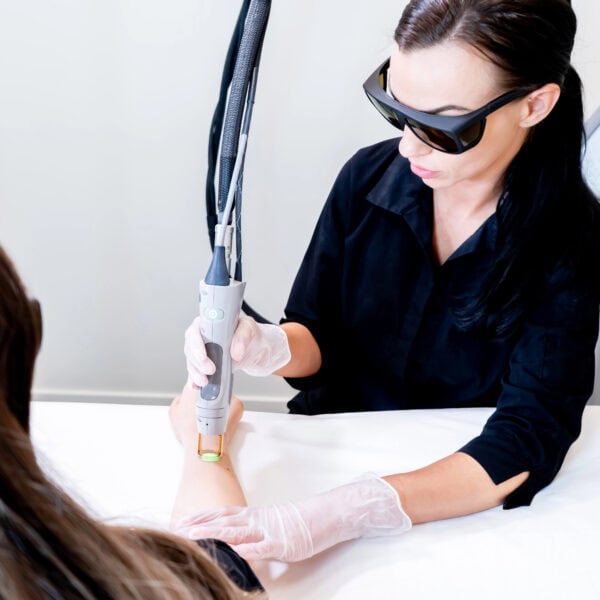Suffered second degree or third degree burns after receiving a laser hair removal
Laser burn lawyers continue to see the damage that negligent cosmetic laser hair removal can cause. If you have suffered second degree or third degree burns after receiving a laser hair removal treatment at a spa or laser hair removal facility, rest assured it is not a normal occurrence. Even when severe pain and discomfort do not result, scarring that may require treatment is a real possibility.
As with any personal injury, documenting the injury early on is essential. Detailed photographs of sufficient resolution at the time of the injury and at regular intervals afterward will help to establish that your burns will likely be permanent. An evaluation from a dermatologist or, if necessary, a plastic surgeon will make your claim more credible. The laser burn attorneys at Zukowski, Rogers, Flood & McArdle can assist you in navigating this process during a free initial consultation.

Because unlicensed technicians, not doctors, often perform cosmetic laser hair removal, the number of laser burn injuries continues to increase in Illinois and Wisconsin and across the United States as the procedure grows in popularity.
In a 2011 case in Cook County, Zukowski, Rogers, Flood & McArdle succeeded in arguing that lawsuits arising from such laser hair removal burn injuries could be filed using simple negligence theories in Illinois. In other words, a person injured by such burns typically does not have to file a medical malpractice claim or meet its heightened requirements when a technician performs the procedure. State courts in Connecticut, Indiana, Missouri and Texas have reached similar conclusions. To read more about this case, please view a story about this Cook County ruling.
Is anyone at increased risk of a laser hair removal burn?
Lorem ipsum dolor sit amet, consectetur adipiscing elit. Ut elit tellus, luctus nec ullamcorper mattis, pulvinar dapibus leo.
Laser hair removal depends on the ability of the laser device to distinguish color differences. In other words, a laser is supposed to destroy a hair follicle by heating it up while leaving the surrounding skin of a different color untouched. For this reason, people with tattoos near a treated area face even greater risks of burns and scars. Ink from a tattoo can cause the laser to burn the tattoo in the same way a laser is supposed to burn a hair follicle.
Individuals with darker skin tones are more likely to experience second or third degree laser hair removal burn injuries and other side effects because their melanin is more likely to store the heat energy from the laser. For this reason, lasers are usually set lower for people with darker skin. Certain medical conditions, medications and prior sun exposure also can affect how a person’s skin reacts to a laser.
Also, treatments performed with Intense Pulsed Light (IPL) machines increase the risks of second and third degree burns, due to the shorter wavelength that more quickly creates heat.
Who is legally responsible for the laser burn?
Although a laser burn injury can trigger many legal causes of action, it typically includes simple negligence or, in lay terms, carelessness. A wide variety of persons and entities may be held responsible for your injuries. Often the technician, cosmetologist or a non-physician who performed the procedure is responsible. Those who supervised or were supposed to supervise such an individual also may share in the legal responsibility. This could include a physician, medical provider, medical director, trainer, business owner, the company that employs the technician, or even the manufacturer or distributor of the laser equipment.
The specific grounds for a lawsuit can only be determined once a legal professional investigates and uncovers the circumstances of your laser burn injury. As with any personal injury, it is important to consult with a lawyer soon after the injury to preserve evidence and to have the best opportunity for a full and fair settlement. After a laser burn occurs, do not allow the laser hair treatment facility to trivialize the problem, have you treat the burn like a sunburn, or attempt to offer a series of follow-up treatments. Such a strategy may be designed to keep you from filing a complaint until the statute of limitations bars a lawsuit.
